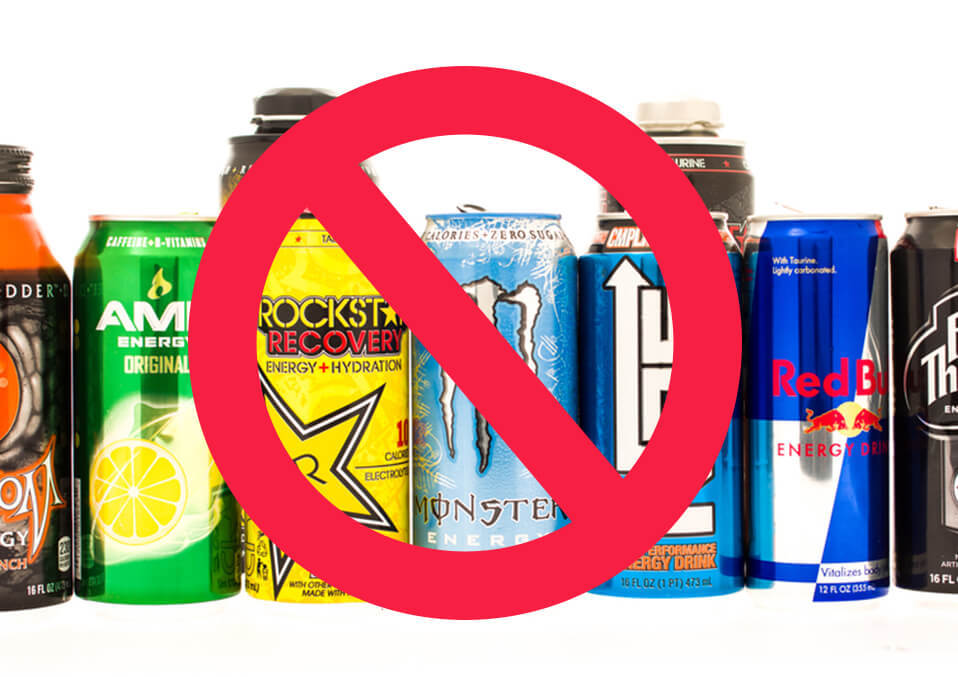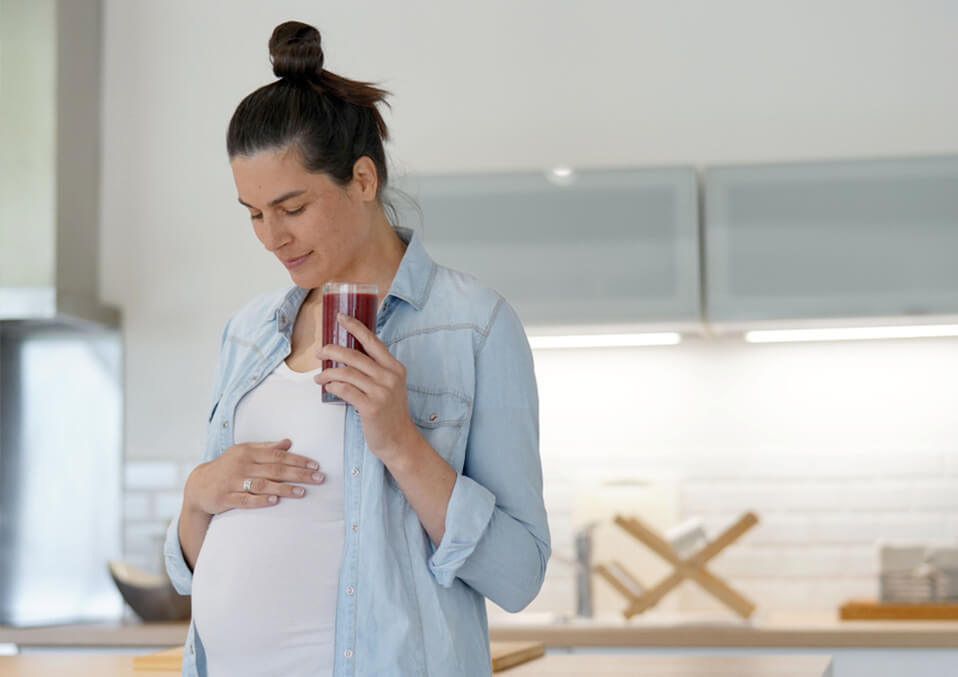
We all know that energy drinks are used up by most people all over the world. Most people who consume these kinds of drinks were workers. According to them, by drinking energy drinks, they can actually be active with their jobs and be productive all the time and it actually makes a lot of sense most of the time.
There are a lot of health benefits that are associated with energy drinks and were proven by its users. They claim to have such an energetic exercise routine, it improves their mental concentration, and they keep on staying alert. These are somewhat justifiable and advantageous to their part. But what happens when a pregnant woman will consume these energy booster drinks? Is it also recommended to them since they are more prone to exhaustion and tiredness? This article will actually discuss and focus more on the causes and effects of energy drinks on pregnant women. Take time to read and be aware of the energy drinks.
Are energy drinks recommended for pregnant women?

The answer is, NO. In fact, most energy drink companies will actually post warnings and advisory statements regarding their product’s label. They are actually discouraging kids and most especially pregnant women from consuming their products. See, in that sense alone, even the manufacturers would not recommend these to pregnant women.
Recommendations during pregnancy

Doctors recommend limiting or avoiding energy drinks to pregnant women. The caffeine content, which is known to be an ingredient of energy drink, contains a high amount of added sugar or artificial sweeteners. These sweeteners are lacking nutritional value. They recommend these safe alternatives for increasing energy or pregnant women:
- Have enough sleep
- Drink prenatal vitamins prescribed by the doctor
- Drink ginger root tea, Peppermint leaf, or lemon balm
Why are the energy drink’s ingredients harmful to pregnant women?

The ingredients in an energy drink actually vary upon the manufacturer. Because all energy drinks are not created equally and do not comprise the same components. The problem with this mixture is that it is very hard to discern which ingredient can cause the opposing symptom.
Energy drinks have different ingredients content that is very hard to test and most women must be aware of.
There are actually ingredients to look for in these energy drinks, such as:
-
Sodium
Too much of this can actually cause swelling of the hands and feet
-
Caffeine
On another issue that energy drinks contain caffeine, is actually true. Well, energy drinks are not highly recommended to pregnant women because it contains high levels of caffeine. Typically, the caffeine content of energy drinks is at approximately thirty milligrams for every 100 ml.
Doctors usually advise their pregnant patients to reduce their coffee intake or never consume at all as caffeine has so many side effects. Even to those normal people or even boys, too much caffeine intake is actually bad for health. Too much caffeine can affect the growth of the baby. There can also be a restriction on growth and risks may arise to certain conditions of the baby later in life such as ADD or ADHD.
Read also: Is It Safe For Me To Drink Coffee While I Am Pregnant?
-
Non-nutritive sweeteners
Most of the energy drinks contain non-nutritive sweeteners. When we say non-nutritive, these are actually zero or little calorie substitutes to nutritive sweeteners, just like table sugar. These sweeteners actually support to add sweetness without adding calories or sugar. The Food and Drug Administration actually approved the use of sweeteners, it’s just that, there is only limited research that talks about the safety of the sweeteners to pregnancy. So according to them, these sweeteners should be avoided.
-
Sugar
Manufacturers usually use sugar with their products rather than non-nutritive sweeteners. Too much sugar to a woman’s body would most likely make them feel bad due to overweight. This can be a big issue since pregnant women would most likely watch their carbohydrate intake and even cause limited simple sugars to their bodies.
-
Calories
Too much of this would also entail an excessive weight gain in pregnancy.
Is it safe to consume energy drinks for breastfeeding mothers?
Many mothers who are breastfeeding or nursing a baby, especially after giving birth experience a lack of sleep and tiredness all the time. Motherhood is always and 24/7 duty and this job can make them feel exhausted in a way. And, it is very reasonable for them to drink vitamins or even energy drinks to stay alert and energized. In that case, since energy drinks contain caffeine in it, it can actually cross to a mother’s milk supply. Hence, when you breastfeed and you drink energy drinks, this would really affect your baby. He or she may show irritability and sensitivity in sleeping.
Moreover, mothers who breastfeed their child and consumes energy drinks may actually be consuming herbal components that have not gone a study or assessment from the experts. It is always important to discuss your food and drink intakes with your doctor as much as possible.
A word for every pregnant woman
Energy drinks are taken all over the world for some reason. These drinks may show beneficial effects. Some would claim that it gives benefits to them. However, while these energy booster drinks might give a person more energy, there can be possible health problems that may arise. If you are pregnant, regardless of what the reasons are, you should never ever try to consume energy drinks as much as possible. Skip them. Yes, energy drinks give everyone a rush of energy when you drink it, in the end, it will make you more tired and may also give you harmful effects.
If Doctors will not even recommend these energy booster drinks to normal people, how much more to women with a baby inside of them? There are a lot of beverages to enjoy when you are pregnant. If you kind of feel that you need extra energy, try eating fruits and drink a glass of water. These are just natural ways you can do and it is safer.
Read also:
- Can I Drink Eggnog While Pregnant?
- Can Pregnant Women Drink Tea? Is It Safe?
- Using Jasmine Tea During Pregnancy: is it Good or Bad?


